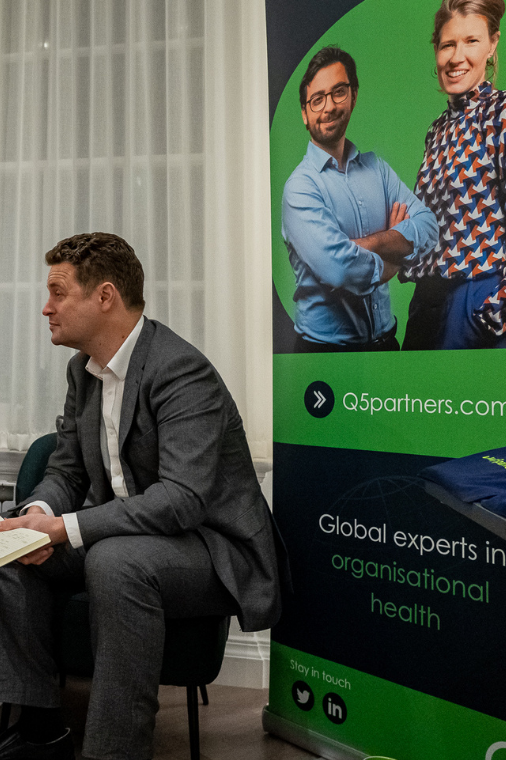We use cookies to help you navigate efficiently and perform certain functions. You will find detailed information about all cookies under each consent category below.
The cookies that are categorized as "Necessary" are stored on your browser as they are essential for enabling the basic functionalities of the site. ...
Necessary cookies are required to enable the basic features of this site, such as providing secure log-in or adjusting your consent preferences. These cookies do not store any personally identifiable data.
Functional cookies help perform certain functionalities like sharing the content of the website on social media platforms, collecting feedback, and other third-party features.
Analytical cookies are used to understand how visitors interact with the website. These cookies help provide information on metrics such as the number of visitors, bounce rate, traffic source, etc.
Performance cookies are used to understand and analyze the key performance indexes of the website which helps in delivering a better user experience for the visitors.
Advertisement cookies are used to provide visitors with customized advertisements based on the pages you visited previously and to analyze the effectiveness of the ad campaigns.
Other cookies are those that are being identified and have not been classified into any category as yet.

On Tuesday 8th March 2022, Q5 and Clarion Solicitors hosted an evening with Mental Health charity Mind’s CEO Paul Farmer, to discuss the topic of mental health in the workplace, the event was held at Q5’s London office Thorney House in Westminster.
To a packed room of attendees, Paul, co-author of Government review ‘Thriving at work, shared some invaluable insights around mental health and wellbeing in the workplace; selected key themes included:

“Paul’s discussion around mental health in the workplace brought to life just how important people’s wellbeing is to an organisation. Organisations need to have continuous plans in place to monitor and support their employee’s mental health, not only as a moral obligation, but also to address the economic variables that can affect a business if this isn’t looked after. Employees should feel safe enough to come to leaders with any issues and be encouraged to think about what they can personally do to help themselves optimise their own mental health. Leaders need to be proactive and visible when speaking about mental health in the workplace. This fosters an environment of psychological safety, where, people can then be encouraged to create their own positive mental health plan. Those in authority should be encouraged to talk about their own mental health journeys to normalise and open conversations around mental health.” Annabel Tonge, Director, Q5 Partners.
“Paul shared with us that that 1 in 4 people experience a mental health problem in any given year. Whatever the size of your workforce that is a significant percentage and will have an impact on your business. Employers do therefore have a role to play in providing that support. After the past two years we have all experienced and the continuing uncertainly the world is facing now, employers need to think differently than they did three years ago and consider the impact this has had and continues to have on our people. We need to put the mental health of our people in the middle of the conversations many business leaders are currently having around hybrid working, culture and work environments. Some of these conversations might be difficult and challenging but they definitely mean you are moving in the right direction if they are taking place.” Sarah Tahamtani, Partner, Clarion.
Q5, Clarion and Mind therefore encourage organisations to sign up to the free Mental Health at Work Commitment, to action this please click here.
You are also able to benchmark your organisation’s performance on mental health via the Mind Workplace Wellbeing Index here
